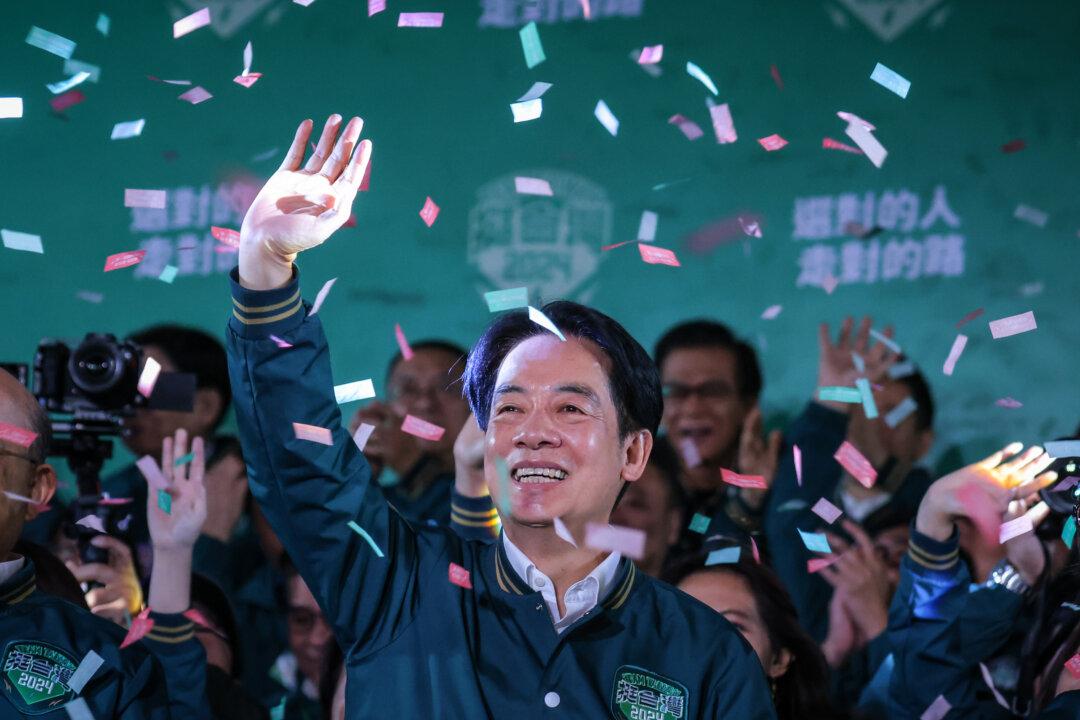WASHINGTON—Taiwan’s Jan. 13 election, seen as one of the most significant in recent history, captured the world’s attention because of its far-reaching implications for U.S.–China relations.
Many in the international community have seen the election as a referendum on the island’s sentiment toward communist China and the United States.





